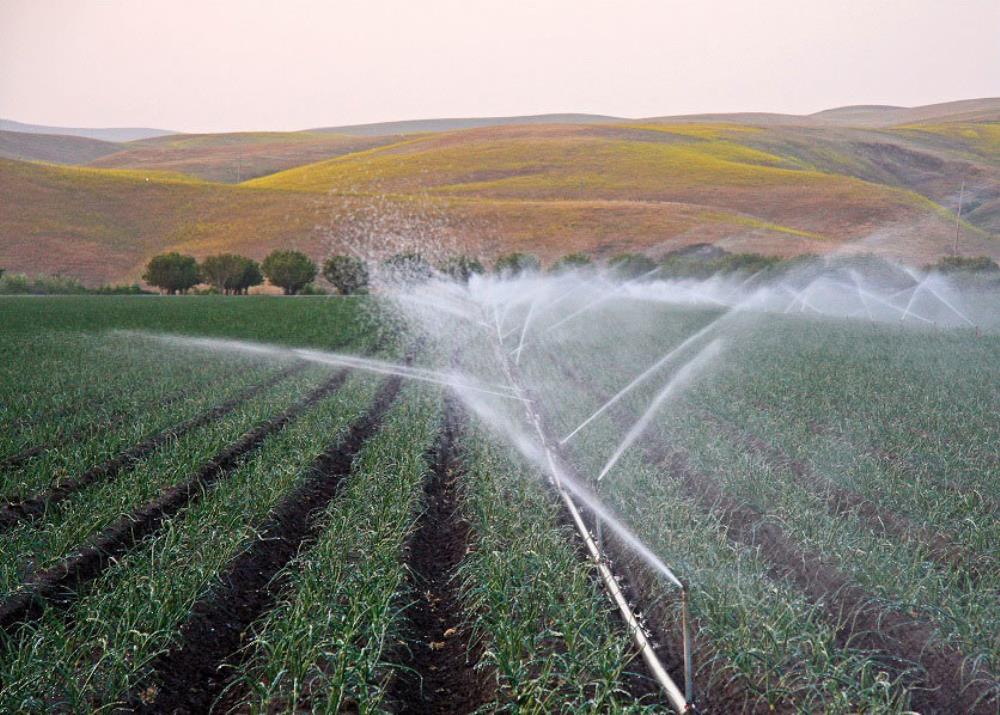
Related items loading ...
Section 1: Publication
Publication Type
Conference Presentation
Authorship
Lika Elisabeta, Lloyd-Smith Patrick, Belcher Kenneth, Strickert Graham, Jardine Tim
Title
Estimating the economic value of improving the ecological condition of the Saskatchewan River Delta ecosystem
Year
2022
Publication Outlet
AOSM2022
DOI
ISBN
ISSN
Citation
Elisabeta Lika, Patrick Lloyd-Smith, Kenneth Belcher, Graham Strickert, Tim Jardine (2022). Estimating the economic value of improving the ecological condition of the Saskatchewan River Delta ecosystem. Proceedings of the GWF Annual Open Science Meeting, May 16-18, 2022.
Abstract
Nature provides Canadians with substantial benefits. These benefits include direct use such as timber and recreational activities, indirect uses such as carbon sequestration as well as less tangible, non-use values associated with the existence of environmental resources but not related to current or future use. The purpose of this research is to estimate the non-use benefits associated with improving the ecological condition of one of the largest inland deltas in North America that covers 10,000 square kilometers - the Saskatchewan River Delta (SRD). The delta is the traditional territory for several Indigenous communities who continue to rely on its ecosystems for food, livelihoods, economic opportunities, and cultural connection. The SRD is also internationally recognized as an important waterfowl breeding area, contains at least 43 species of mammals, 48 species of fish, over 200 different species of birds, and is home to species at risk including the Lake Sturgeon. We designed and administered a stated preference survey to a nationally representative sample of Canadians to elicit preferences over environmental outcomes in the SRD. Preliminary results suggest that Canadians are willing to pay at least $117 per household per year for a modest improvement in environmental outcomes. We also find substantial preference heterogeneity across people. The welfare estimates can inform policy makers on the benefits of large-scale ecological improvement programs in Canada.
Plain Language Summary
The project is funded by Global Institute for Water Security.
Section 2: Additional Information
Program Affiliations
Project Affiliations
Submitters
|
Elisabeta Lika | Submitter/Presenter | ell052@usask.ca | University of Saskatchewan |
Publication Stage
N/A
Theme
Human Dimensions - Impact and Management
Presentation Format
10-minute oral presentation
Additional Information
AOSM2022 First Author: Elisabeta Lika Additional Authors: Patrick Lloyd-Smith - Global Institute for Water Security, University of Saskatchewan; Kenneth Belcher - University of Saskatchewan; Graham Strickert - Global Institute for Water Security, University of Saskatchewan; Tim Jardine-University of Saskatchewan, Toxicology Centre


 GWFNet
GWFNet Master
Master Data
Data Research
Research Map
Map
 Advanced
Advanced Tools
Tools
 . . .
. . .
 Metadata Editor
Metadata Editor
 Record List
Record List
 Alias List Editor
Alias List Editor
 Legacy sites
Legacy sites